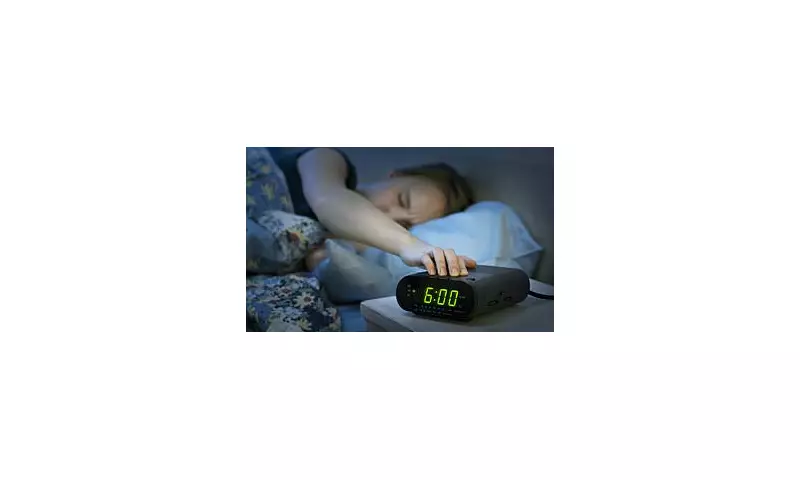
Are you constantly reaching for that third coffee before lunch? Feeling foggy-headed by mid-afternoon? You might be suffering from a chronic sleep deficit without even realising it.
Leading sleep scientists have revealed a startlingly simple 90-second test that can determine whether you're truly getting enough quality slumber. This quick check could explain why you've been struggling with concentration, mood swings, or those stubborn extra pounds.
The Daylight Sleep Test: How to Check Your Sleep Debt in 90 Seconds
Here's the simple daytime test that could change your understanding of your sleep needs:
- Find a quiet, comfortable space during early to mid-afternoon (between 1-3 PM)
- Lie down in a dimly lit room and place your head on a pillow
- Set a timer for 90 seconds and close your eyes
- Note how quickly you begin to drift toward sleep
If you find yourself starting to doze off within this brief window, experts warn this is a clear indicator that your body is carrying significant sleep debt. Your brain is essentially grabbing any opportunity to catch up on missing rest.
Why Your Eight Hours Might Not Be Enough
Contrary to popular belief, the standard eight-hour recommendation isn't universal. Sleep needs vary dramatically based on age, lifestyle, and genetic factors.
"The eight-hour rule is actually a minimum for many adults," explains sleep specialist Dr. Sophie Bostock. "Some people genuinely need nine or even ten hours to function optimally. Our test helps identify if you're one of those people who needs more than the average."
The Hidden Consequences of Sleep Deprivation
Chronic lack of sleep doesn't just leave you feeling tired. Research has linked insufficient sleep to:
- Weakened immune function
- Increased risk of weight gain and obesity
- Higher likelihood of developing type 2 diabetes
- Impaired cognitive performance and memory
- Elevated risk of heart disease and hypertension
- Increased anxiety and depression symptoms
How to Calculate Your Personal Sleep Needs
Beyond the quick test, sleep specialists recommend a more thorough approach to determining your ideal sleep duration:
- Go to bed at the same time for seven consecutive nights
- Allow yourself to wake naturally without an alarm
- Track how many hours you sleep each night
- Calculate the average over one week
This average represents your personal sleep requirement - the amount your body naturally seeks when free from social obligations and alarm clocks.
Remember: quality matters as much as quantity. Creating a dark, cool sleeping environment and establishing a consistent bedtime routine can significantly improve sleep efficiency, meaning you may need slightly less time in bed to achieve the same restorative benefits.
If sleep problems persist, consider consulting a sleep specialist to rule out conditions like sleep apnea or insomnia that might be compromising your rest.





